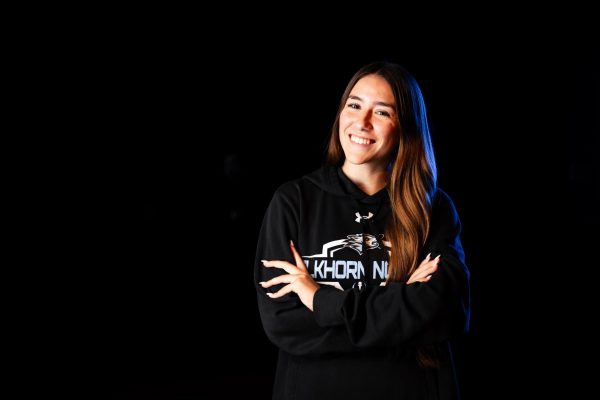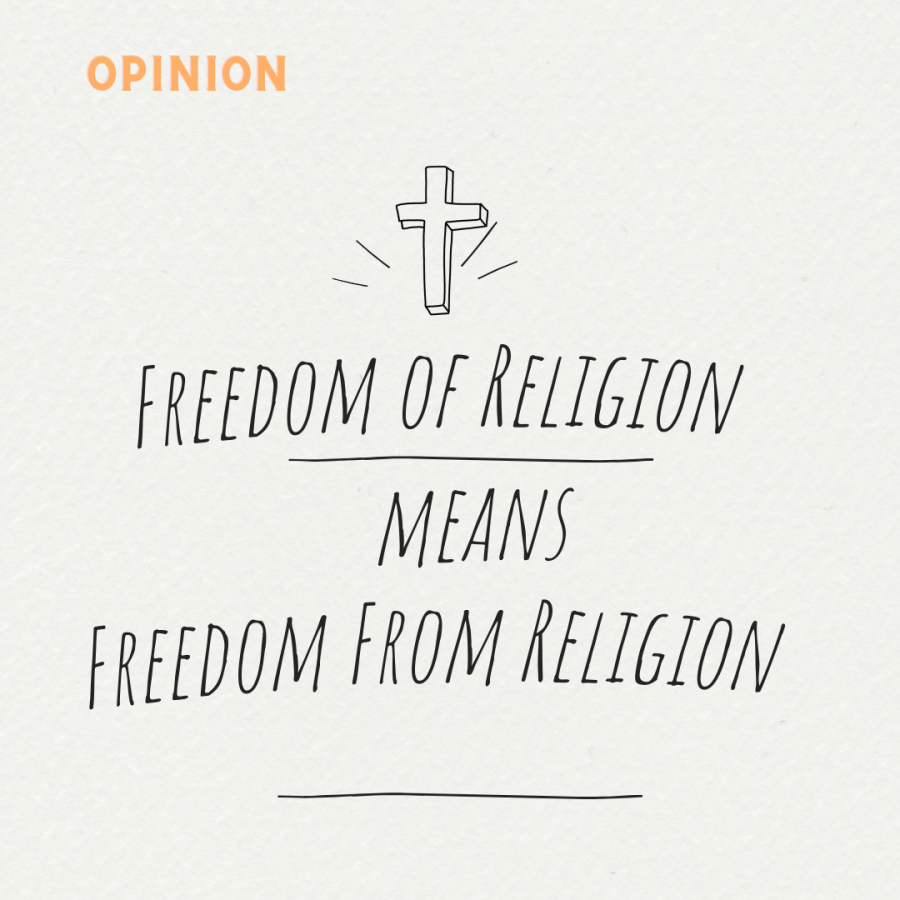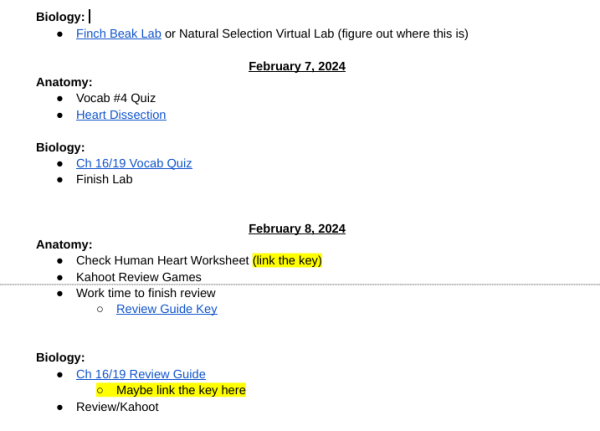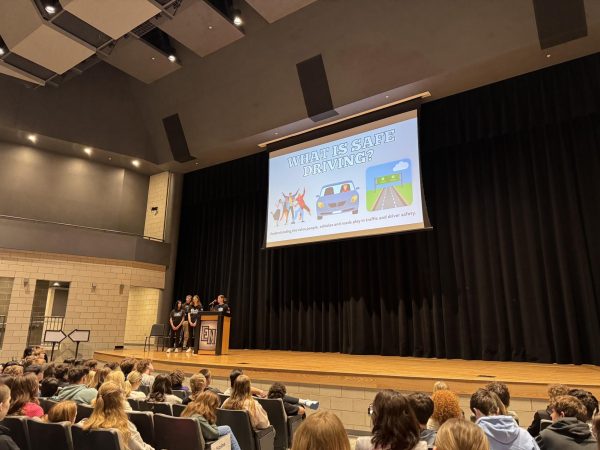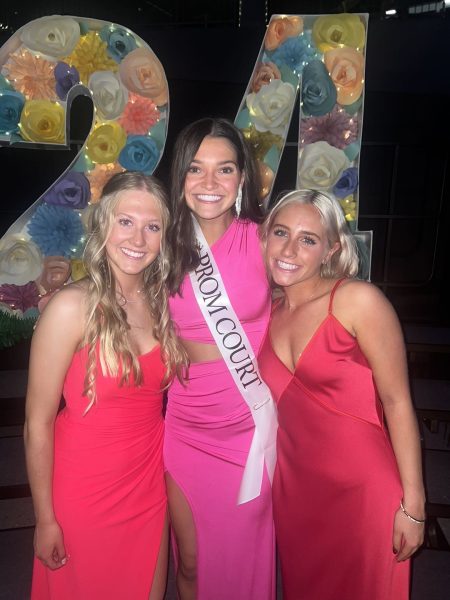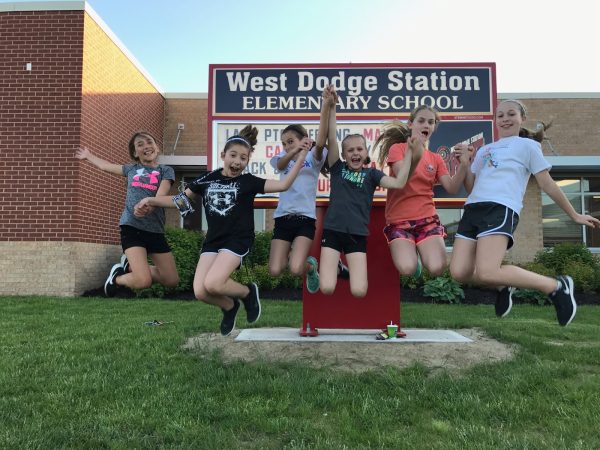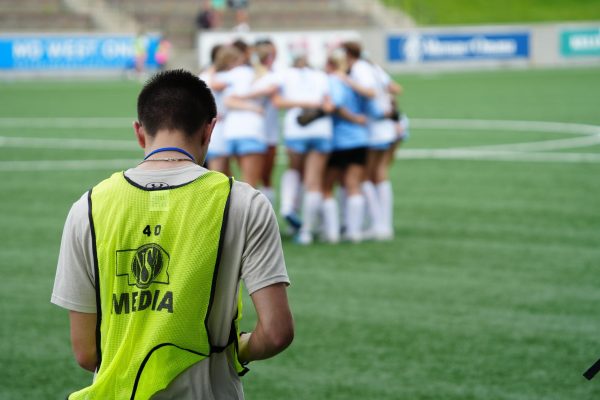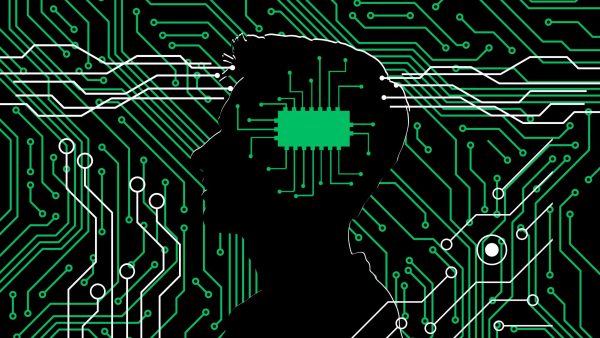Freedom of Religions Means Freedom From Religion
With the understanding that religion is a vital part of some students’ lives, it is my goal to respect this as I express my opinion relating to the First Amendment and religion’s place in public schools.
School-sponsored prayer was banned by the Supreme Court in the case of Engel v. Vitale in 1962 after a public school in New York required students to say a non-denominational prayer after the Pledge of Allegiance.
Since then, the line between Church and State has been hazy in public schools including our own. There are methods for students who find it important to involve religion in their day to do so without violating the first amendment or beliefs and rights of others.
Religion-based clubs even meet within EPS buildings.
I remember in elementary school I had several friends who participated in Campus Life, a religious youth group. On Tuesdays, a group of students would walk to the Methodist Church by West Dodge Station after school.
In middle school, the same organization met on Friday mornings; students would come together to play and worship in the gym at school. Now in high school, Campus Life is still prevalent and they currently meet at Bethany Lutheran Church.
Additionally, a Fellowship of Christian Athletes (FCA) chapter was started this year by a few seniors. This group has been around nationally for several decades allowing student athletes to come together in worship. They meet in a classroom before school once a week.
These groups meeting outside of school hours without interfering with the school day does not violate the first amendment. Students who want to practice their faith are able to do so, and students who do not are unaffected.
Though not overly surprising, currently every single one of these groups is based in Christianity. While this is not representative of the student body, these groups such as Campus Life and FCA worshipping in ways that do not violate the first amendment can open the door for other clubs of other religions to do the same.
I want it to be clear, it is completely understandable for students to want to share something that is important to them and profess their faith, but it must be done in a manner that is careful to respect others, especially in a place legally free of religion: the public school.
Furthermore, religion plays a minor yet notable role in school athletics. For example, the baseball team leads a prayer before each game. While it is student-led and completely optional, it brings the question of appropriateness.
To reserve time for prayer at a public school sporting event is to single out kids who may not wish to pray or express religion in front of others.
A child who may not believe in or worship the same God as the team majority may either feel excluded or choose to go along with the prayer despite the fact that they may not actually want to just for sake of fitting in.
It is not fair or appropriate to place students in that situation. While it may be portrayed as a choice, it does not really seem to be one with the peer pressure factor and imposter syndrome added in.
While there is nothing wrong with an athlete wanting to express their religion prior to play, it should be done on their own time and away from others. This respects all players regardless of religious beliefs.
Sports are only a small part of the impact of religion in schools; every single morning every student across America recites the National Pledge. While the issue of the pledge is complex, for now let’s just focus on the following statement: “One Nation, Under God, with Liberty and Justice for all.”
“Under God”
Schools can maintain the tradition of honoring our country without the words “Under God”. This country was founded on religious freedom, which also includes freedom from religion. The National Pledge of Allegiance disregards that freedom by including “Under God.”
While this is a national pledge, school districts should remove these words or elect not to say the pledge over the intercom system in efforts to respect all beliefs.
Public schools should honor the beliefs of everyone and keep religion completely out. There are many places for people to profess their faith and one crucial idea about Church and State is that there is a time and a place for religion, and that is not at the public school.
Your donation will support the student journalists of Elkhorn North High School. Your contribution will allow us to purchase equipment and cover our annual website hosting costs.
